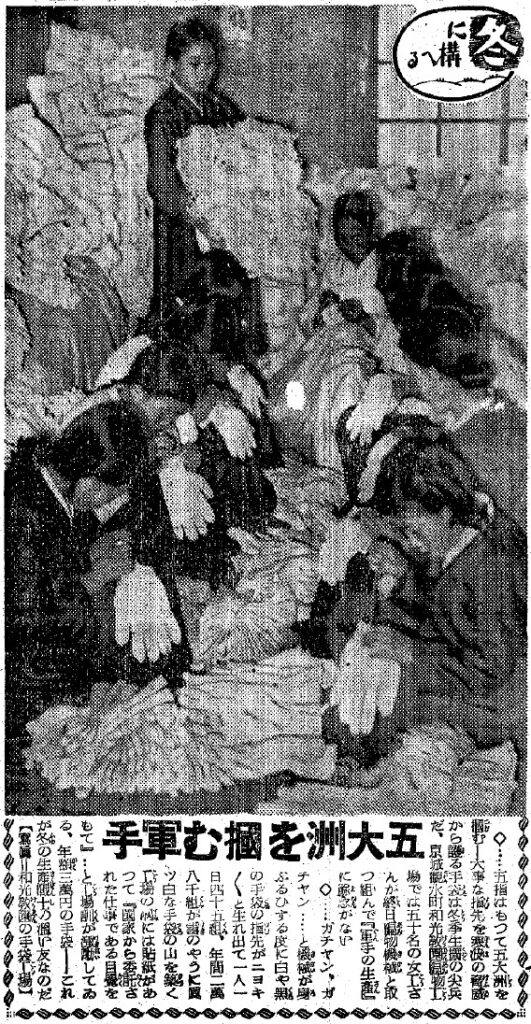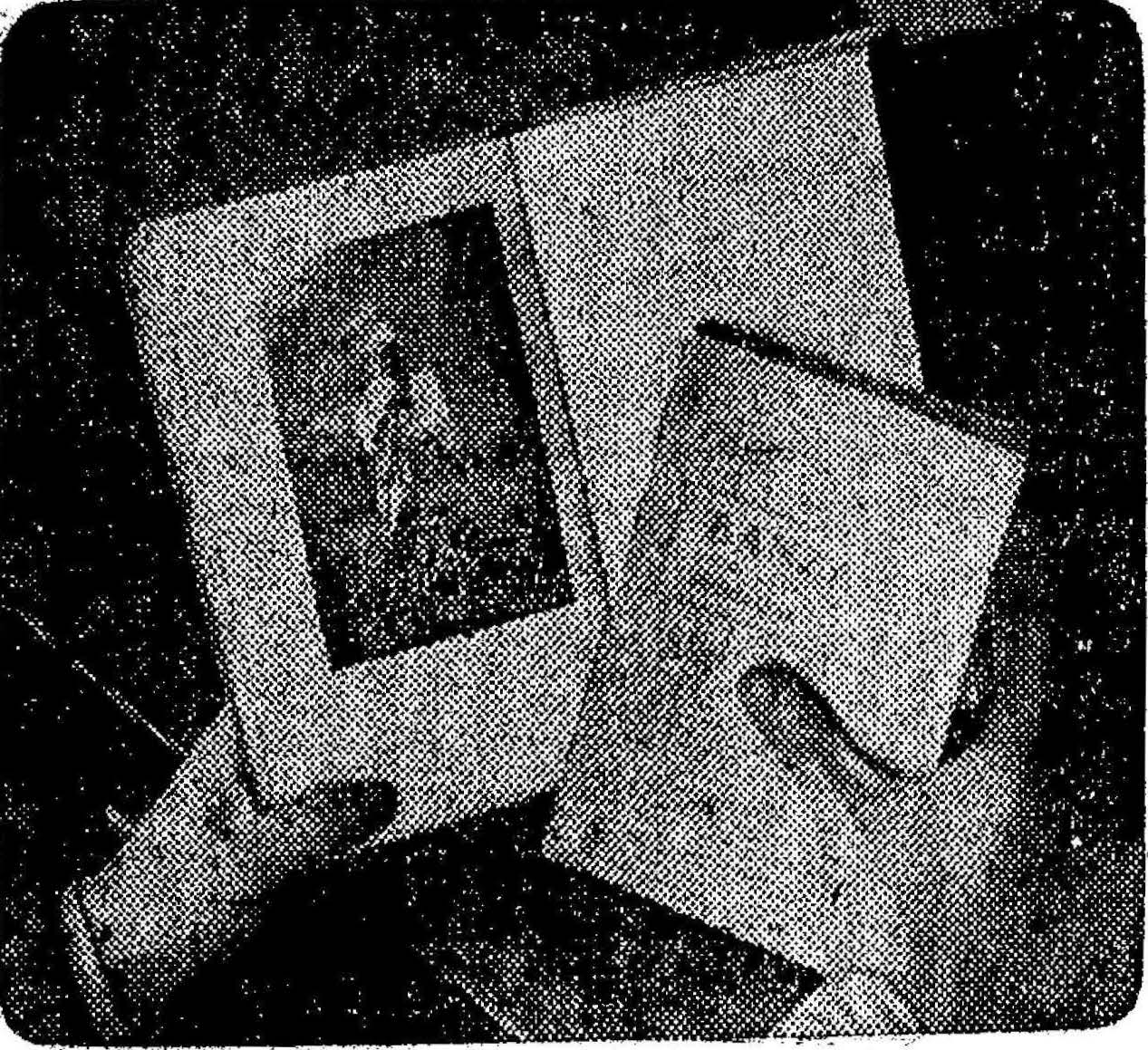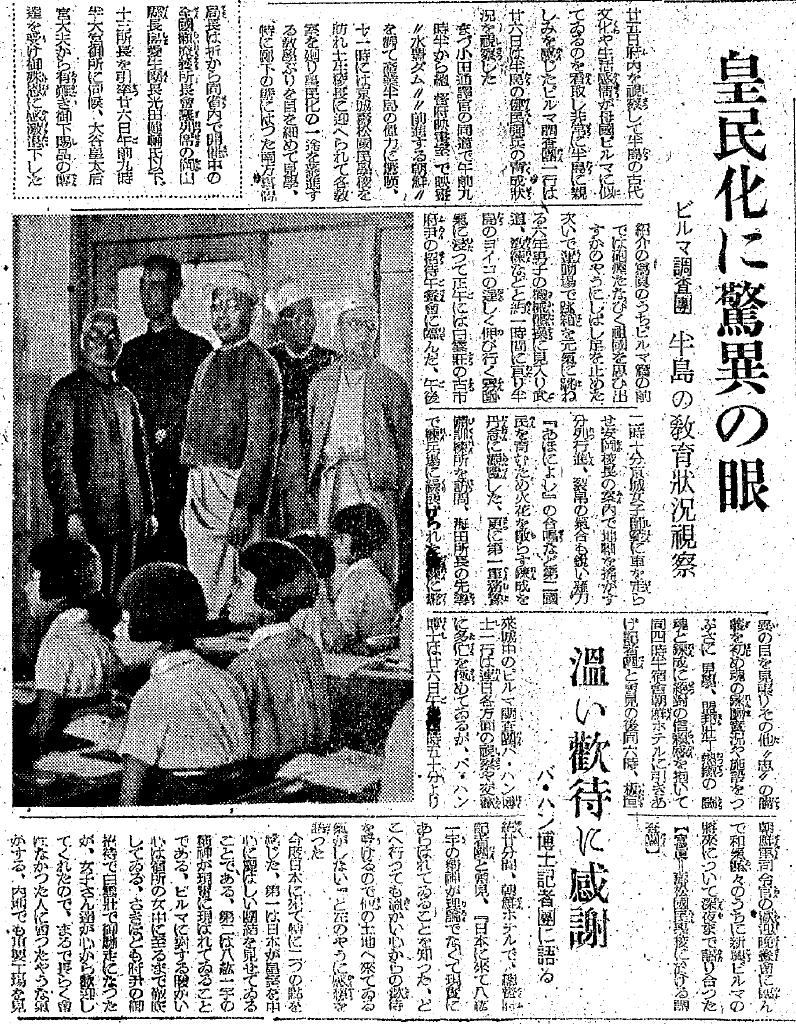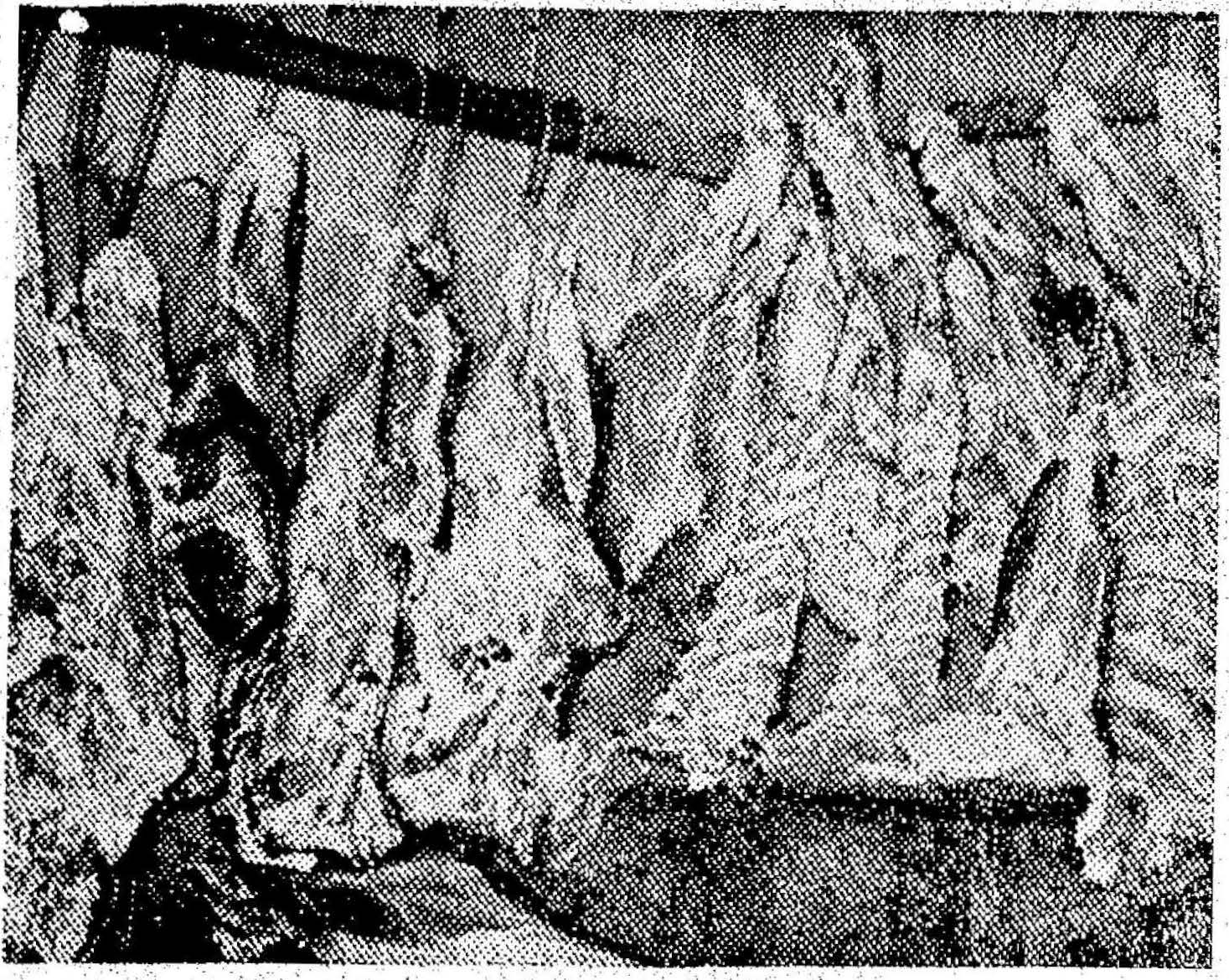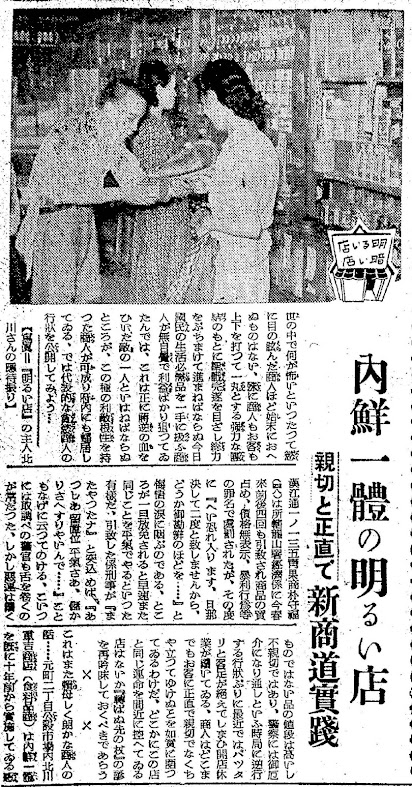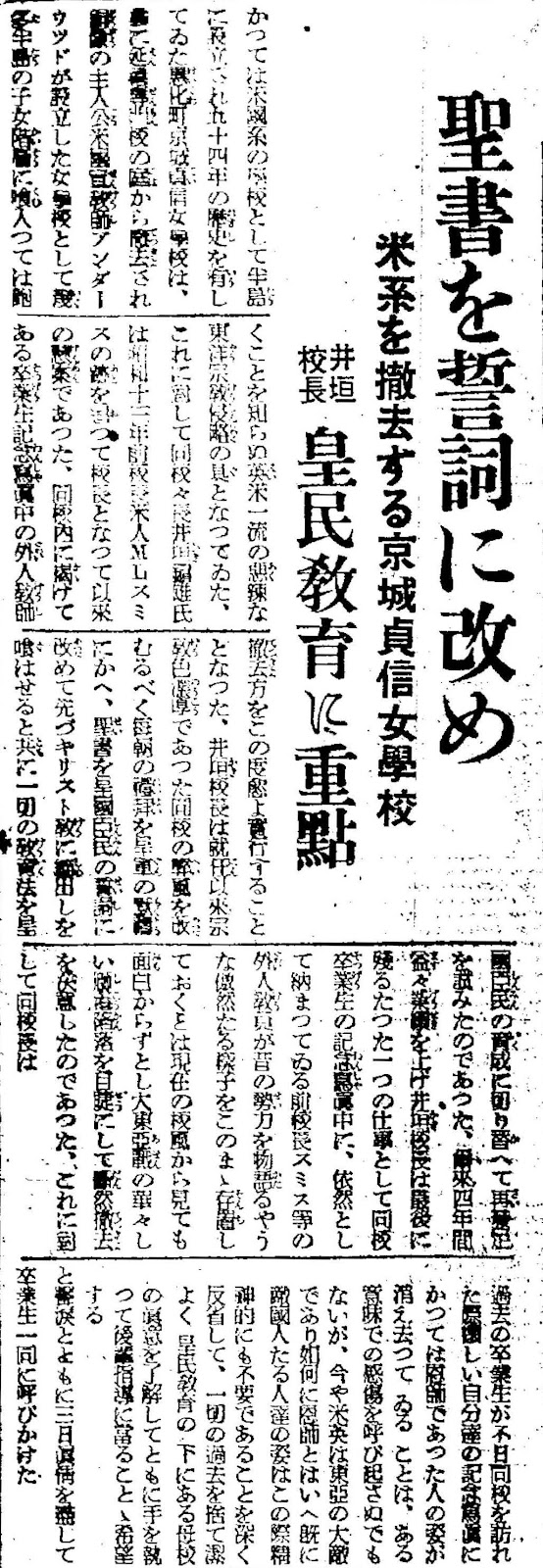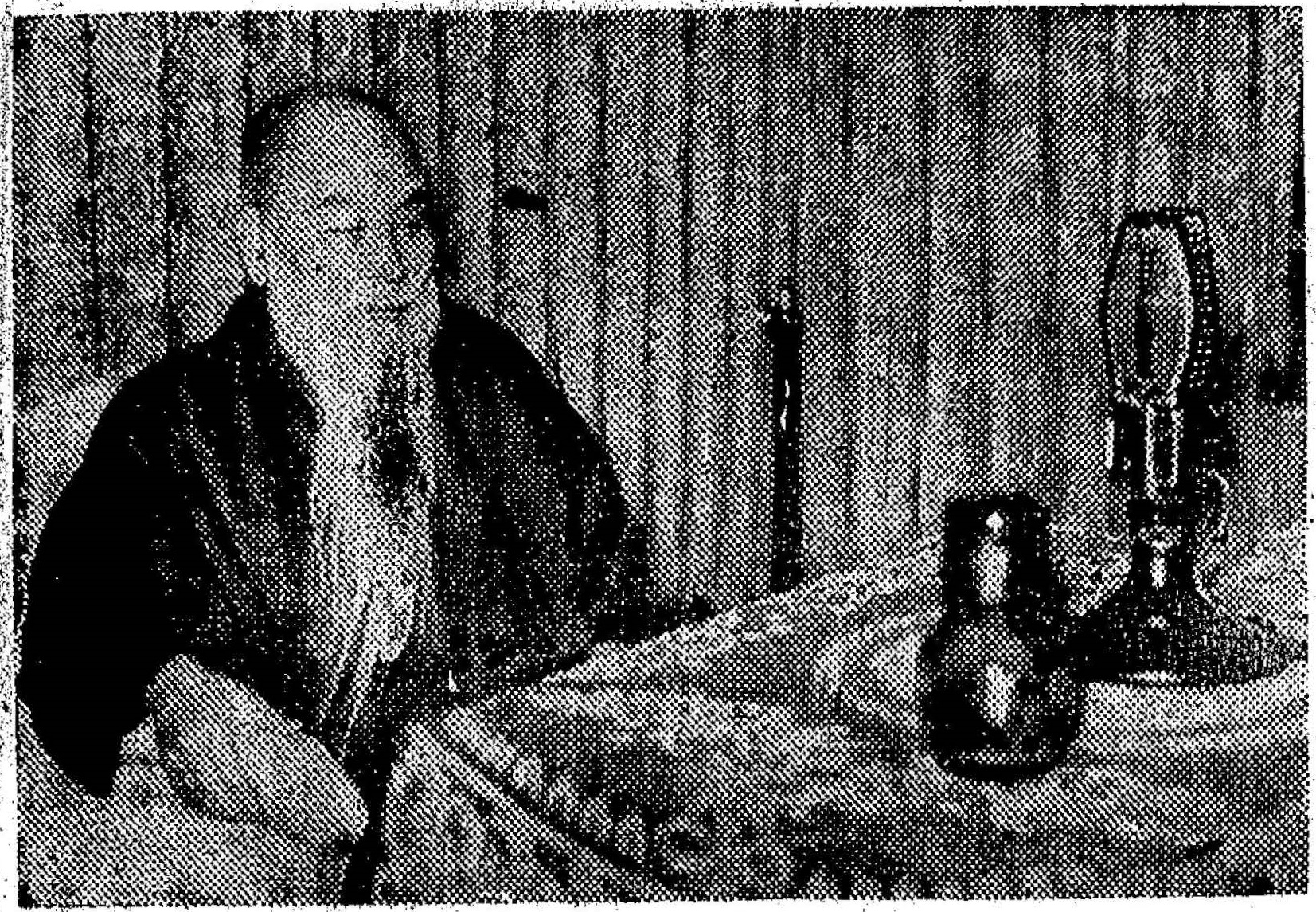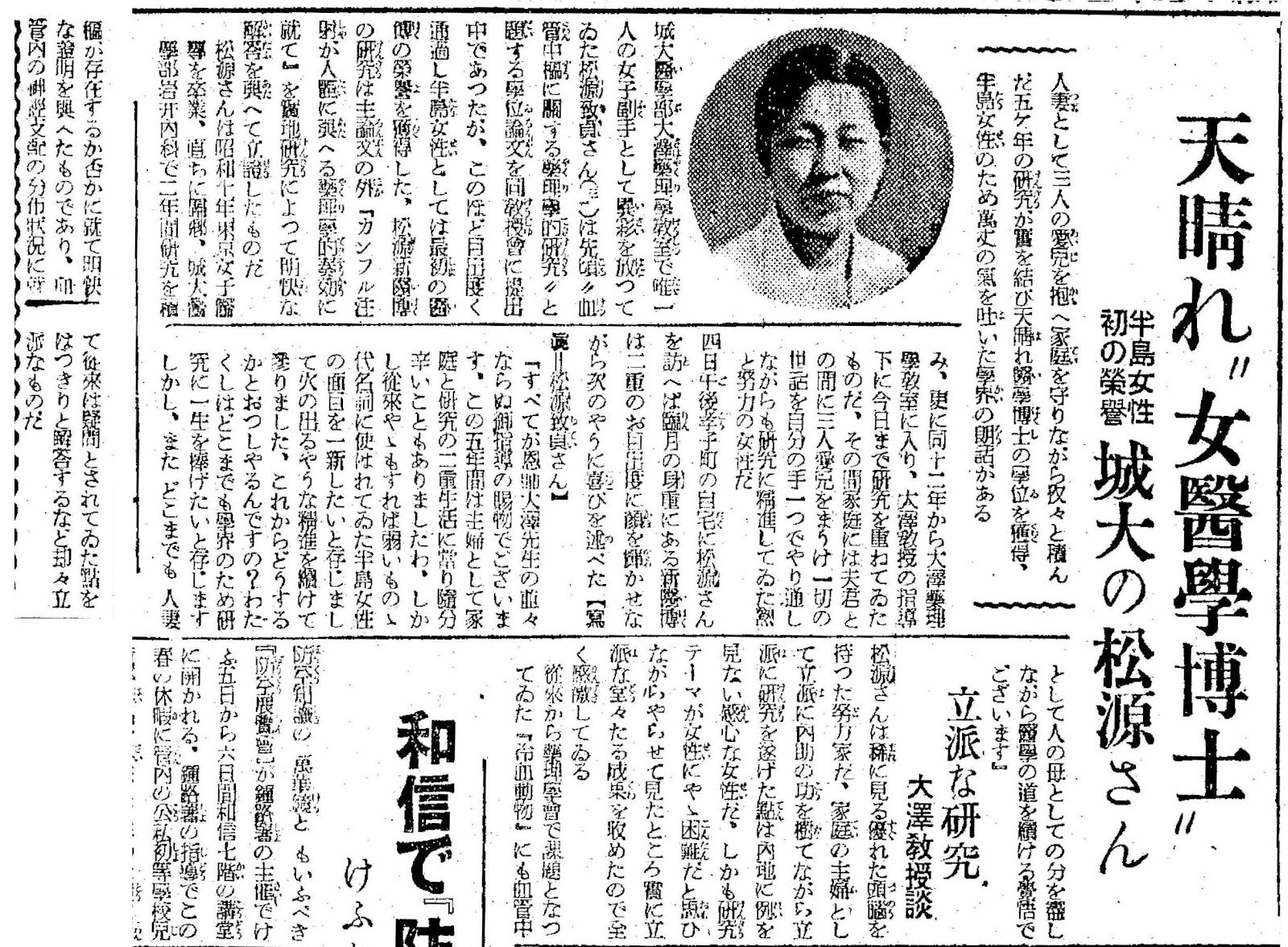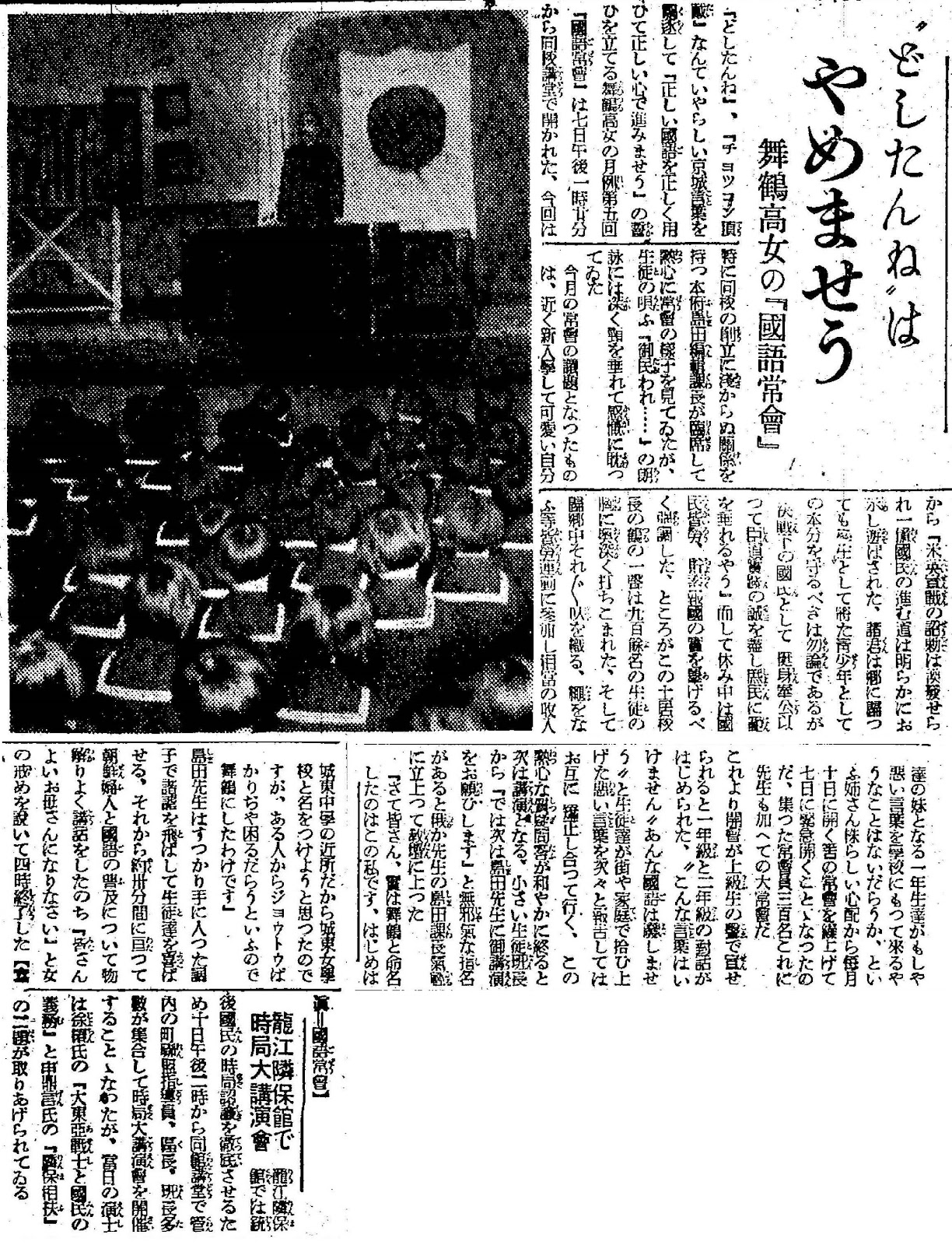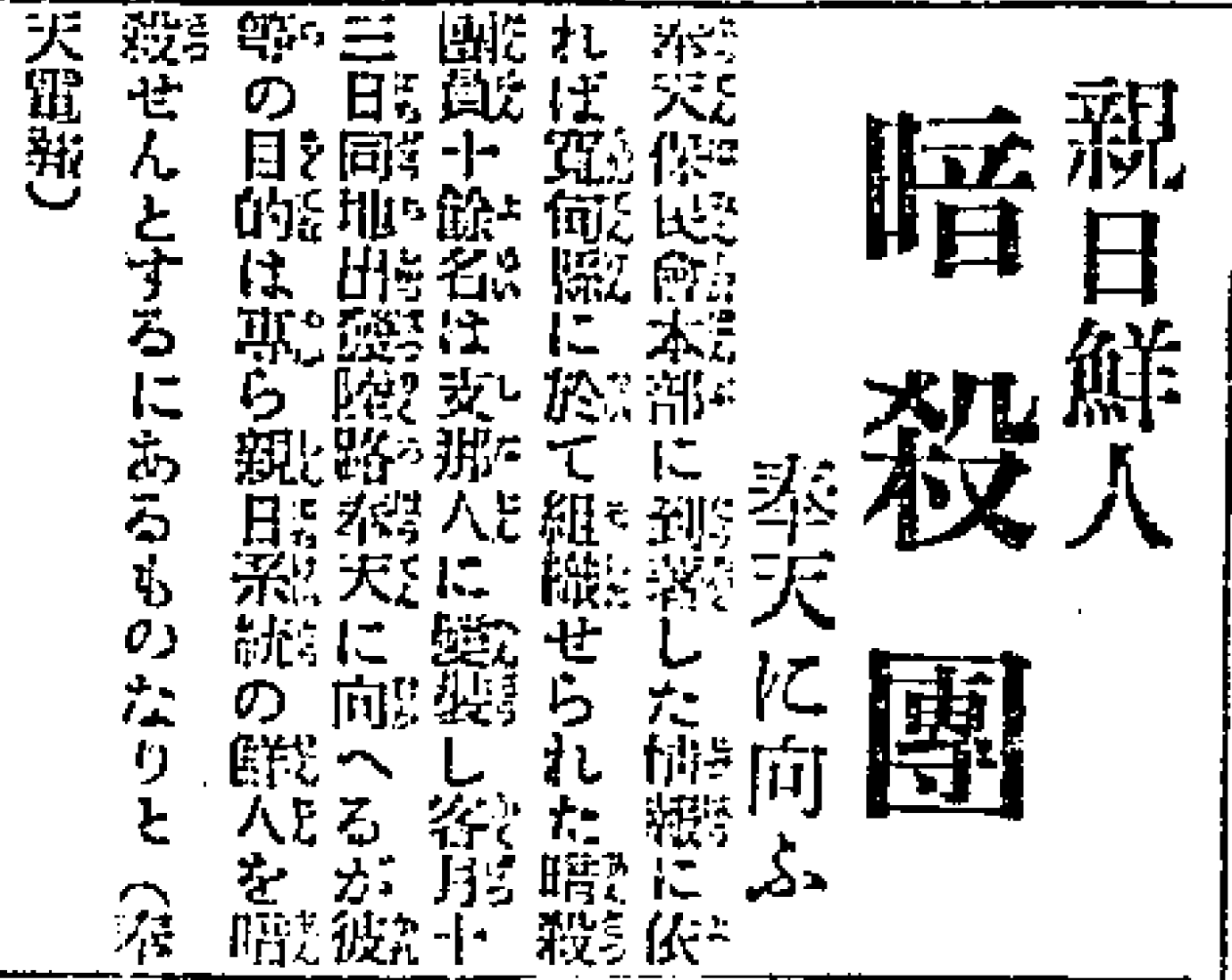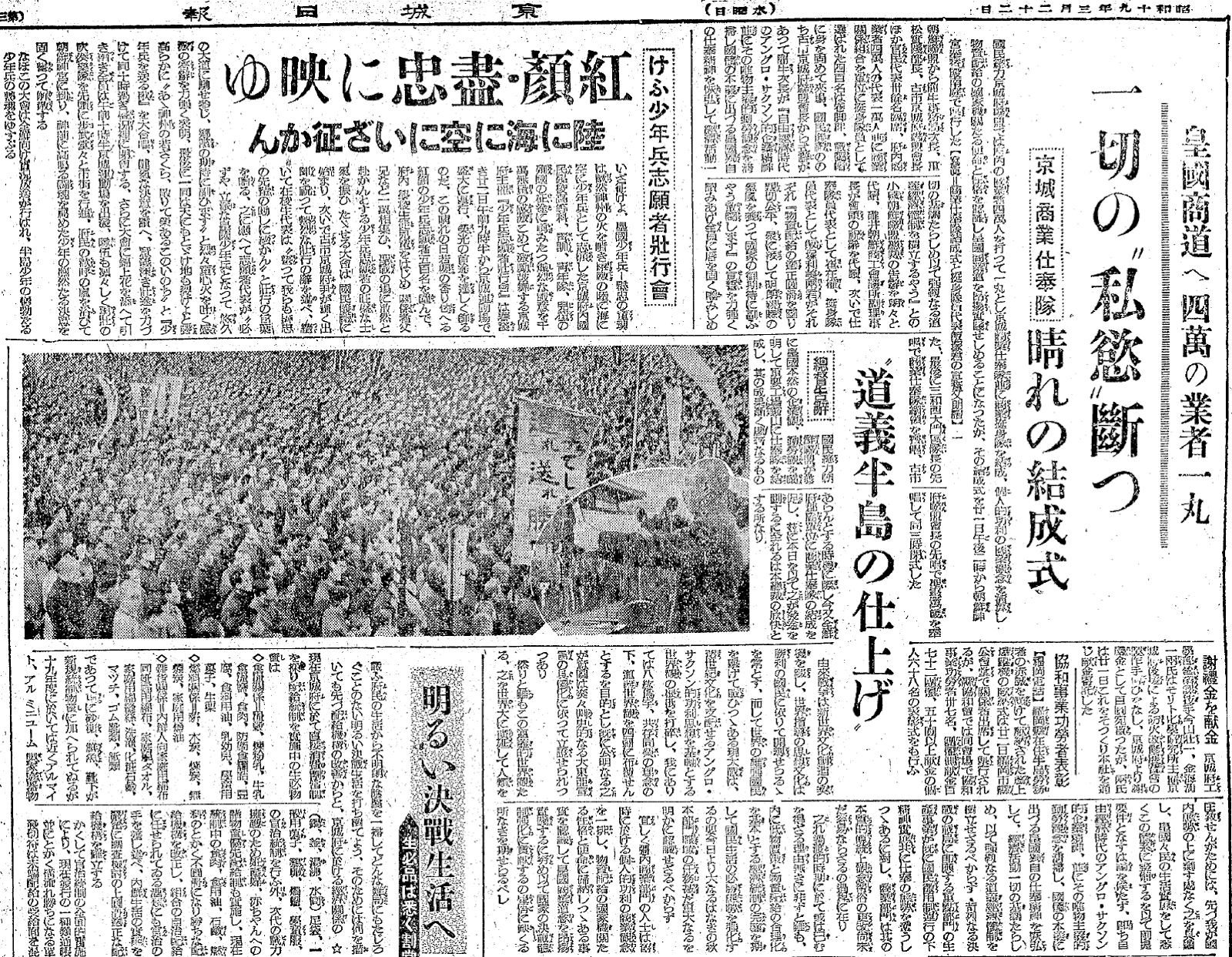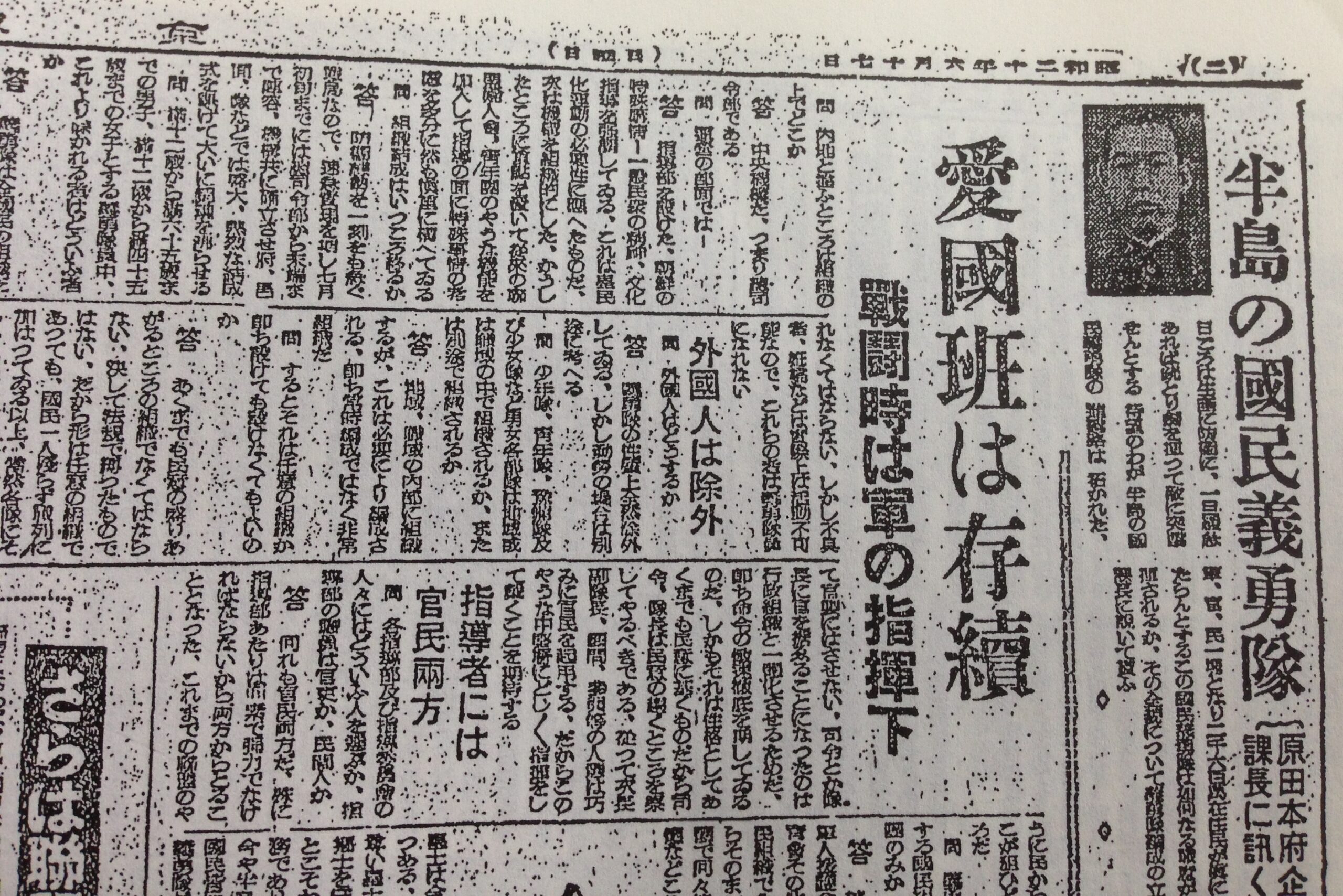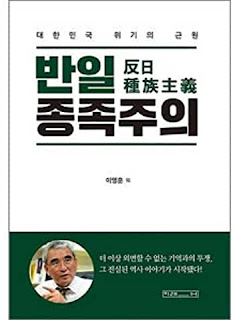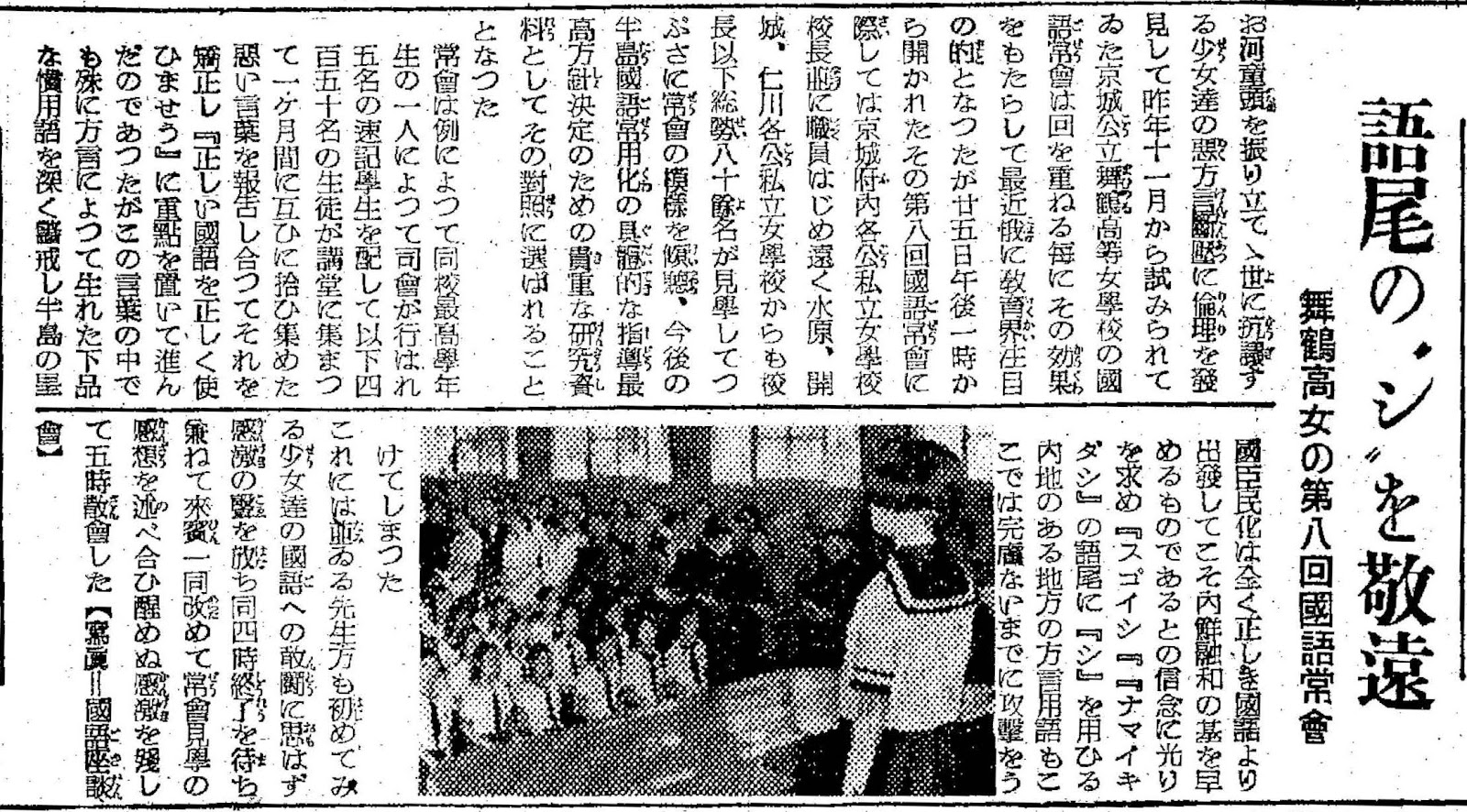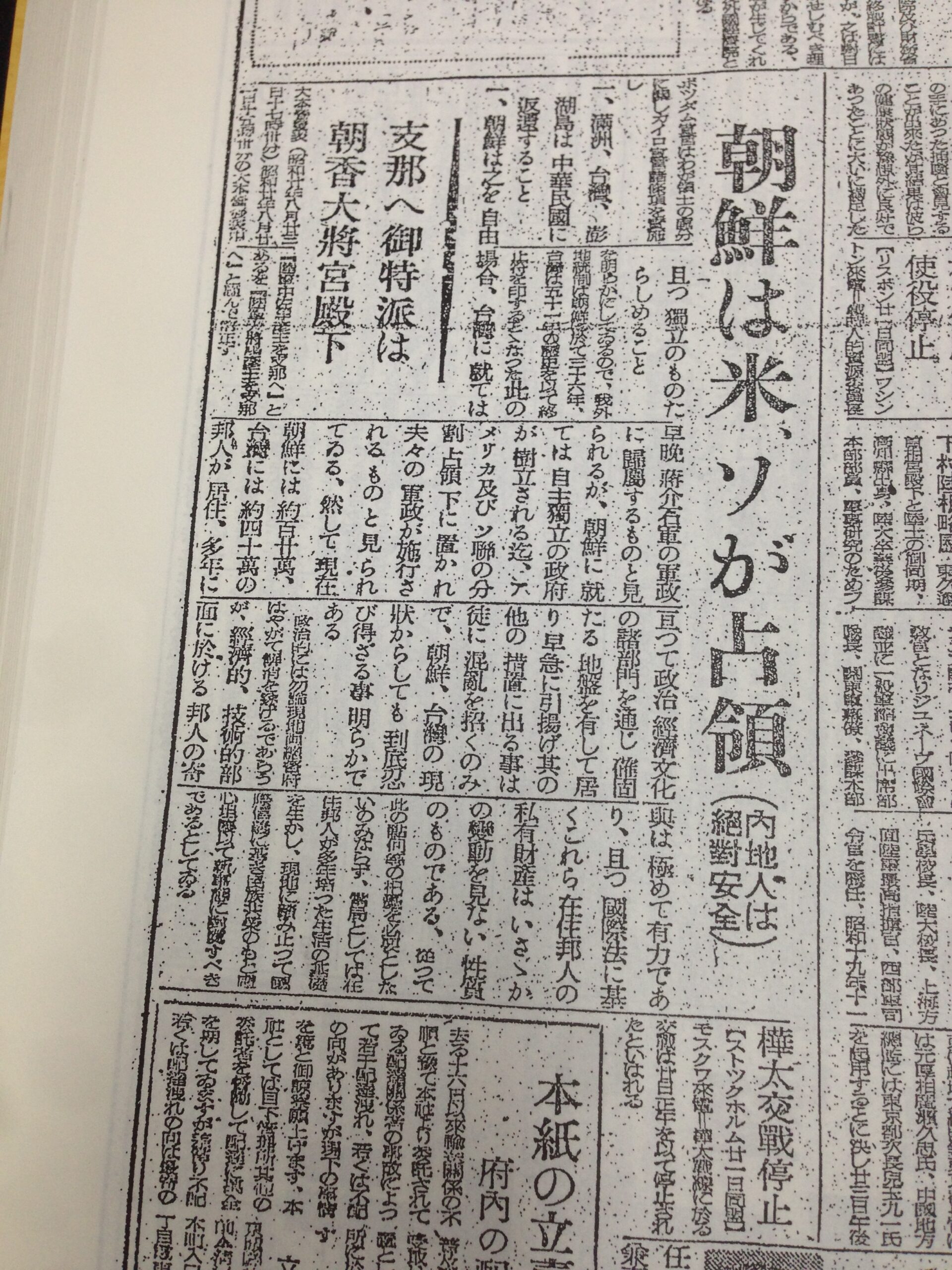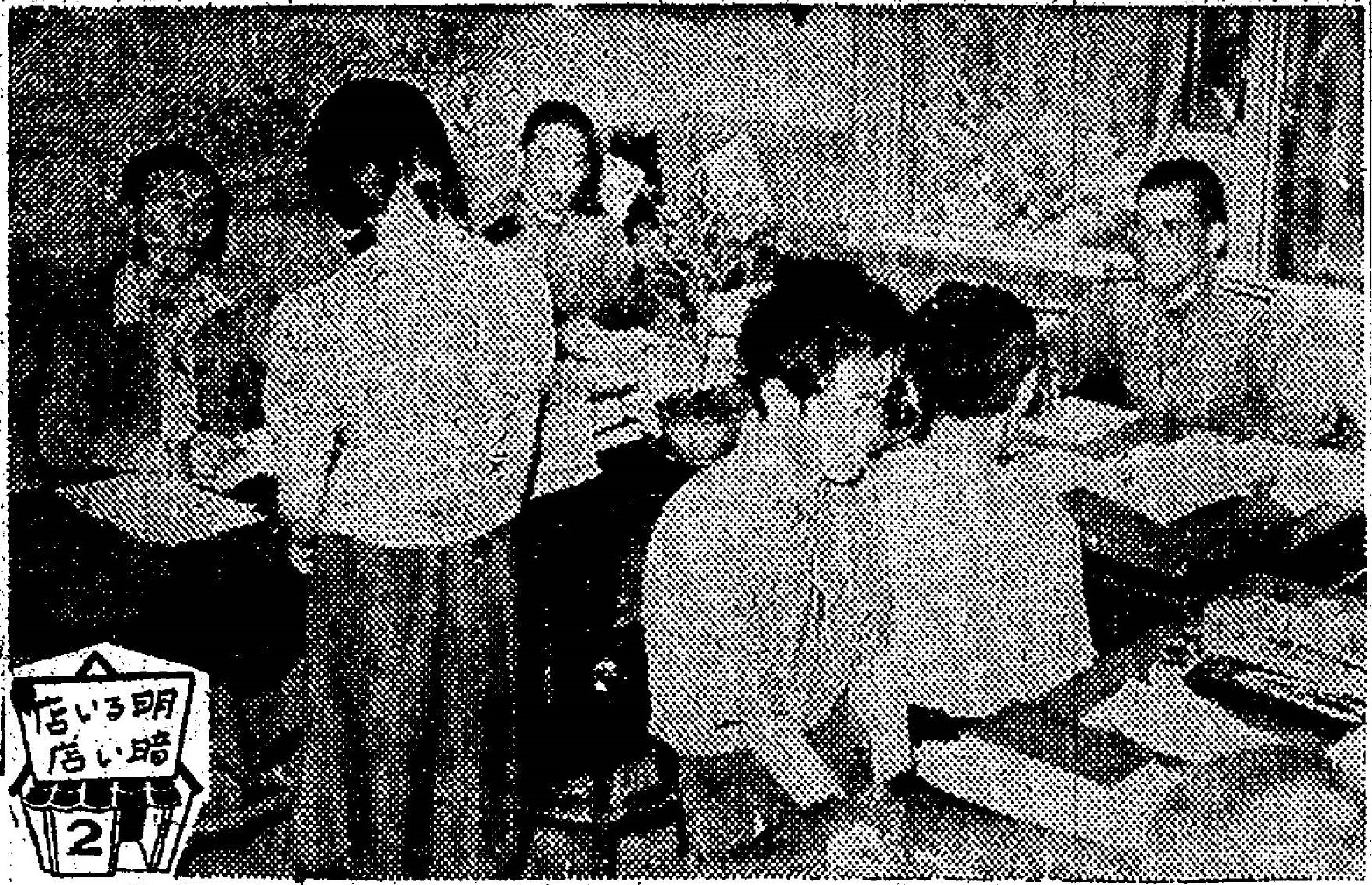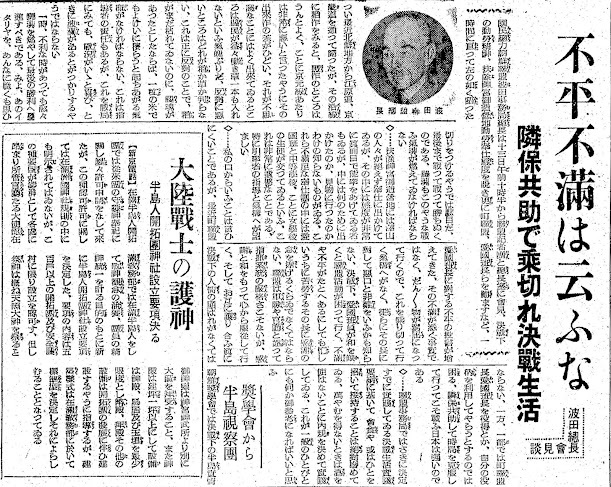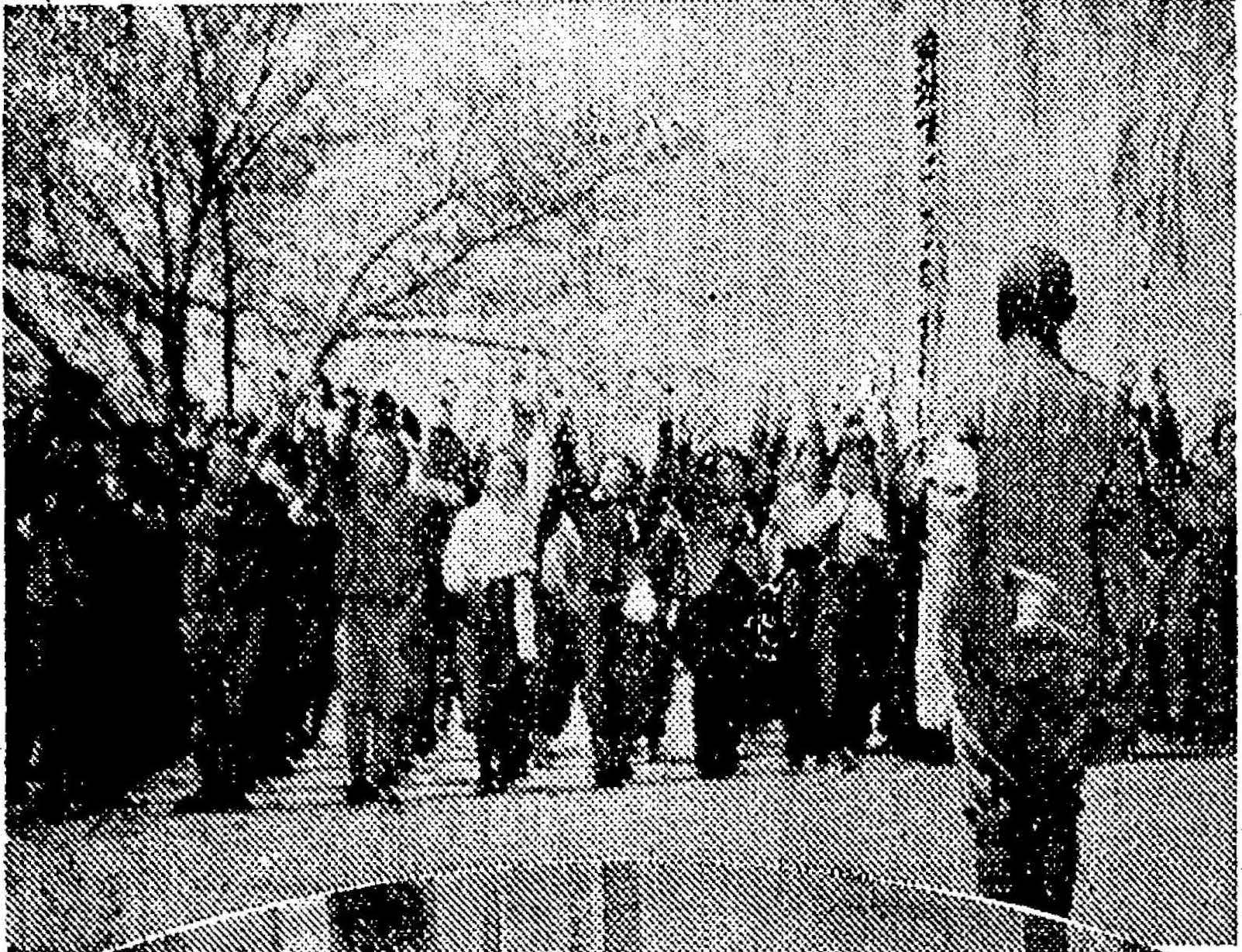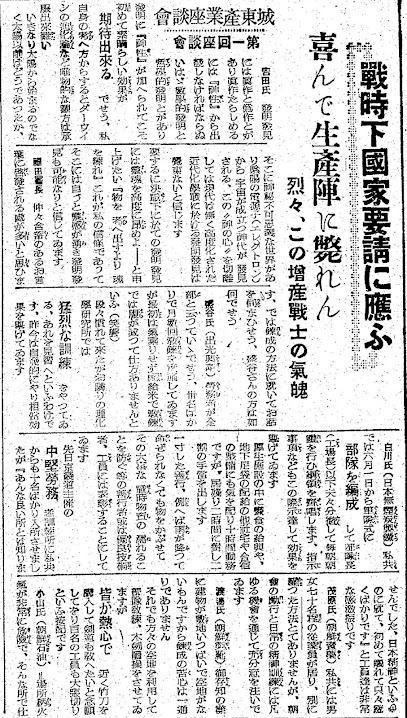80 years ago today, Korean women were making gloves for the Imperial Japanese Army at a factory run by Wakōkyōen, a nonprofit of the Japanese Jōdo Buddhist sect operating in Korea since 1893 and contracting with the colonial regime to rehouse, educate, and employ evicted Seoul slum residents
2022-11-17
228
386
This is a photo of Korean girls and women manufacturing gloves at a factory in Gwansu-dong, Seoul exactly 80 years ago today.
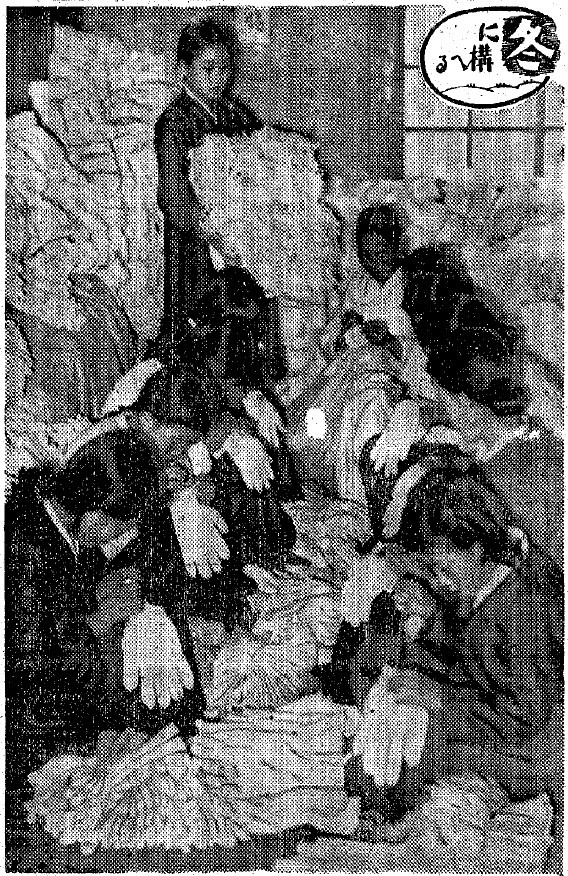
They were former slum residents employed by Wakōkyōen (和光教園), a social welfare organization of the Jōdo Buddhist sect, which started its activities in Korea in 1893. It was one of two Japanese Buddhist social welfare organizations which were operating in Seoul during the colonial period, the other one being the Kōjōkaikan (向上会館) run by the Ōtani-ha Buddhist sect, which started its activities in Korea in 1878. When the Seoul government was clearing the slum areas of the city, these social welfare organizations were charged with rehousing them and giving them jobs and education. However, the main goal of these efforts was actually to push the slum residents out of sight in the name of ‘beautifying’ the city, rather than to improve their living standards. Therefore, the living standards of the former slum residents remained relatively poor. The public housing projects of the former slum residents were substandard and unsanitary with poor sewage systems.
Professor Nozomi Akizuki at the Institute for International Studies at Meiji Gakuin University wrote a well-researched Japanese-language blog page about this topic, in which he presents Japanese-language and Korean-language source materials from the colonial period to fill in the details. https://ameblo.jp/onepine/entry-12466055220.html
(Translation)
Gyeongseong Ilbo (Keijo Nippo) November 17, 1942
Military gloves which grip the five continents
◇… Five fingers grip the five continents. Gloves that protect the fingertips from the threat of cold weather are the spearhead of production expansion this winter. At the Wakōkyōen Knitting Factory in Gwansu-dong, Seoul, 50 female workers devote themselves all day long to the task of working on the knitting machines to produce military gloves.
◇… Clang, clang. Each time the machine shakes, the fingertips of black gloves and white gloves sprout out, and each worker produces 45 pairs of gloves a day, or 28,000 pairs a year, making a pile of snow-white gloves. A poster in the corner of the factory encourages workers to “be aware that this is work that was entrusted to you by the state”. These gloves produce a revenue of 30,000 yen a year. These gloves are the warm friends of the winter production warriors. [Photo: Wakōkyōen’s glove factory]
Source: https://www.archive.org/details/kjnp-1942-11-17
(Transcription)
京城日報 1942年11月17日
五大洲を掴む軍手
◇...五指はもって五大洲を掴む。大事な指先を寒波の脅威から護る手袋は冬季生拡の尖兵だ。京城觀水町和教園編物工場では五十名の女工さんが終日編物機械と取っ組んで『軍手の生産』に余念がない。
◇...ガチャン、ガチャン...と機械が身ぶるいする度に白や黒の手袋の指先がニョキニョキと生れ出て一人一日四十五組、年間二万八千組が雪のように真っ白な手袋の山を築く。工場の隅には貼紙があって『国家から委託された仕事である自覚をもて』...と工場訓が激励している。年額三万円の手袋。これが冬の生産戦士の温かい友なのだ。【写真=和光教園の手袋工場】
